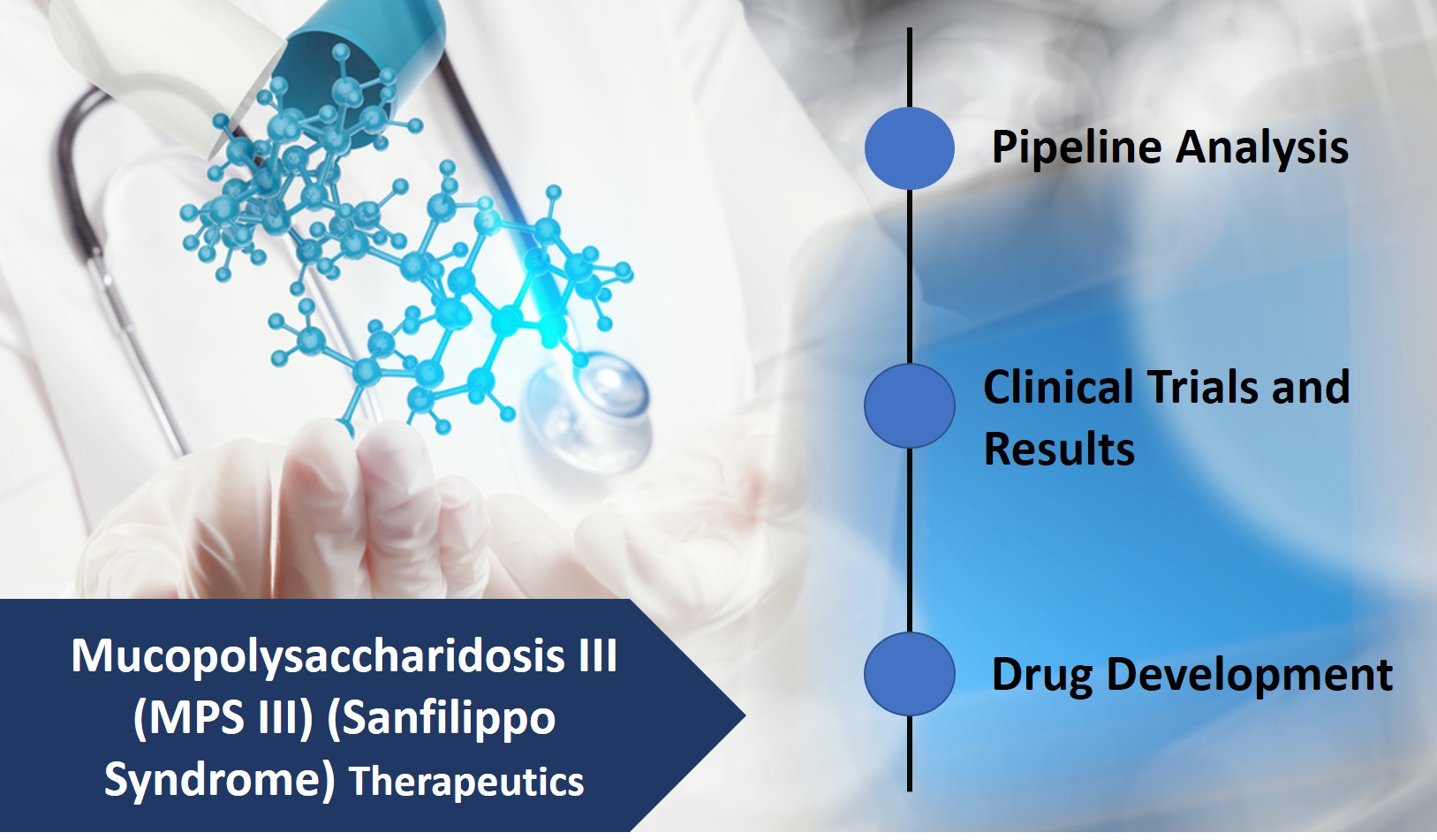Adenosine 5-monophosphate activated protein kinase (AMPK) plays an important role in regulation of homeostasis. Dysregulation of AMPK can result in many diseases which includes obesity and type 2 diabetes. Several studies have also suggested that AMPK are also associated with the development of neurological diseases and cancer.
Download the sample report @ https://www.pharmaproff.com/request-sample/1172
Despite of many advancements in the development of anti-cancer therapies, cancer is still one of the major causes of deaths, globally. AMPK is one of the newest targets for the anti-cancer therapies, which modulates cellular protein and lipid metabolism, affecting the cellular growth and division. The importance of AMPK mediate signalling in various diseases and its complexity suggested that there is an urgent need for the development of additional AMPK modulators that can be used to not only disturb the mechanism of action but also as a drug candidate for therapeutic development. Also, researches have demonstrated that, in-depth knowledge and evidences are required to produce desired physiological outcomes by developing specific targeted therapies with reduced adverse events and better efficacy.
Get the detailed analysis @ https://www.pharmaproff.com/report/ampk-modulators-therapeutics
Esperion Therapeutics Inc. is in the process of developing Bempedoic acid as a small molecule which acts as an AMPK stimulant for the treatment of hypercholesterolemia, dyslipidaemia, and hypertension. Betagenon AB, Boehringer Ingelheim International GmbH, and Poxel SA are some other companies having pipeline AMPK modulators for the management of several diseases.
- The report provides a comprehensive understanding of the pipeline activities covering all drug candidates under various stages of development, with detailed analysis of pipeline and clinical trials.
- Pipeline analysis of drugs by phases includes product description and development activities including information about clinical results, designations, collaborations, licensing, grants, technology and others.
About Us:
Pharma Proff, is a frontline market intelligence and consulting solutions provider catering to the information and data needs of burgeoning sectors across the world, including pharmaceutical and healthcare. With meticulously curated research reports on the industry landscape, we empower companies in the healthcare and pharmaceutical sectors to make informed business decisions and base their marketing strategies with astuteness.
